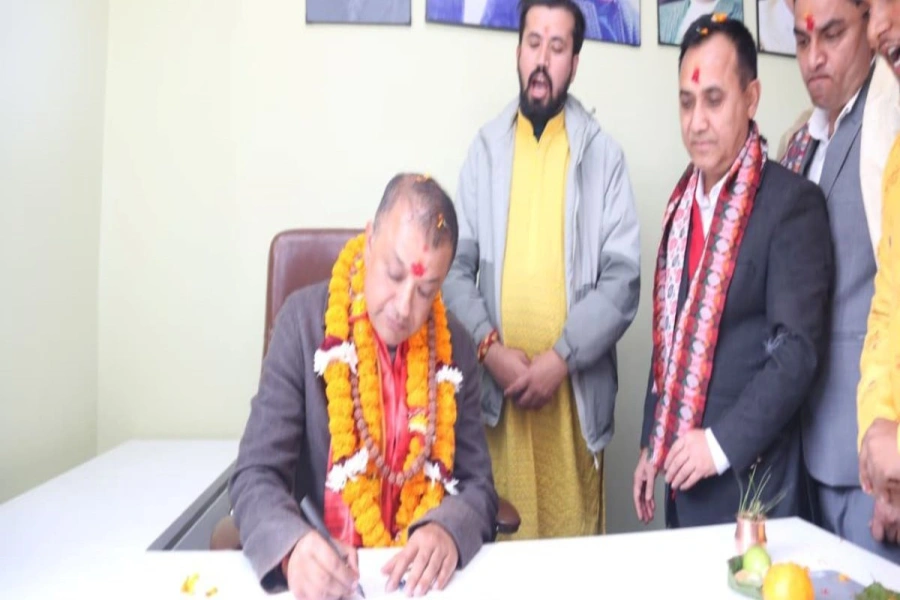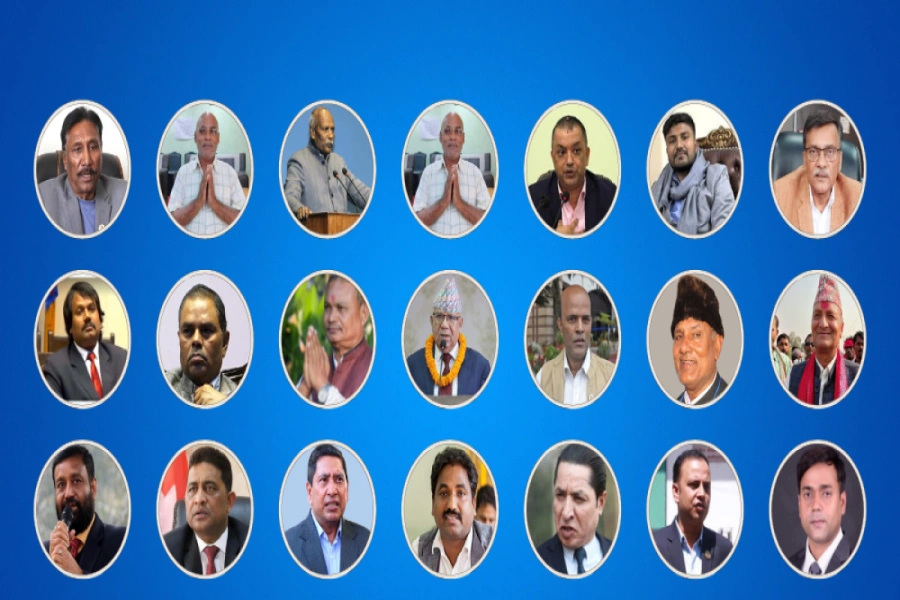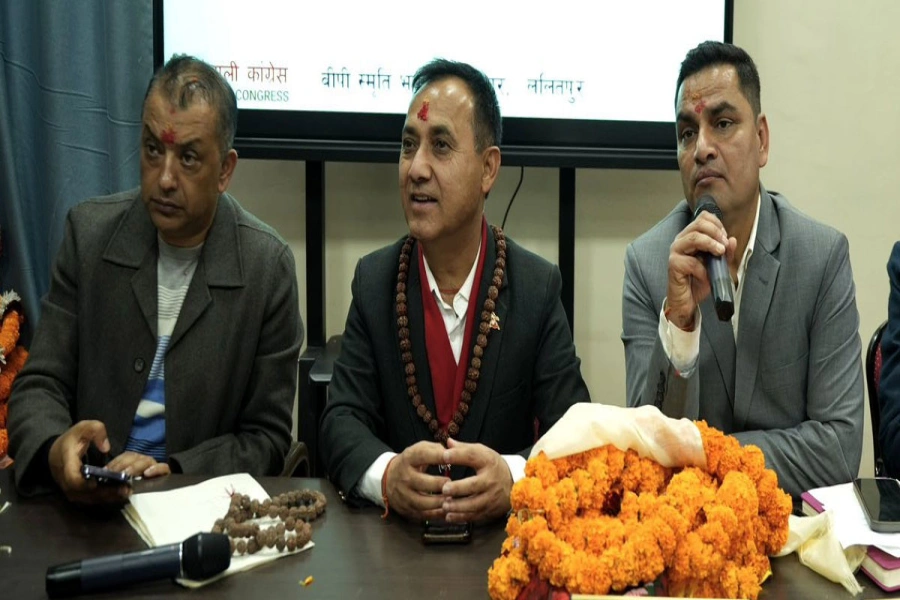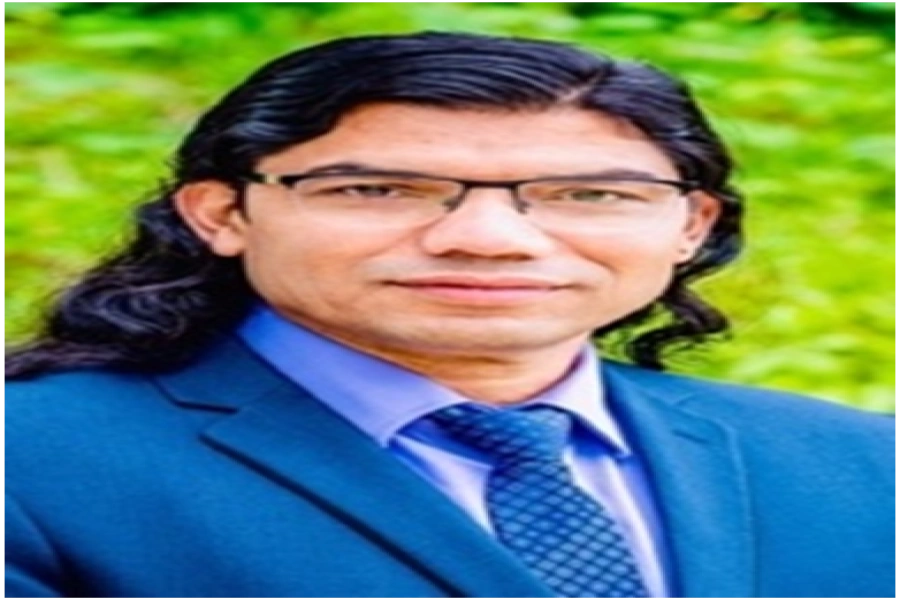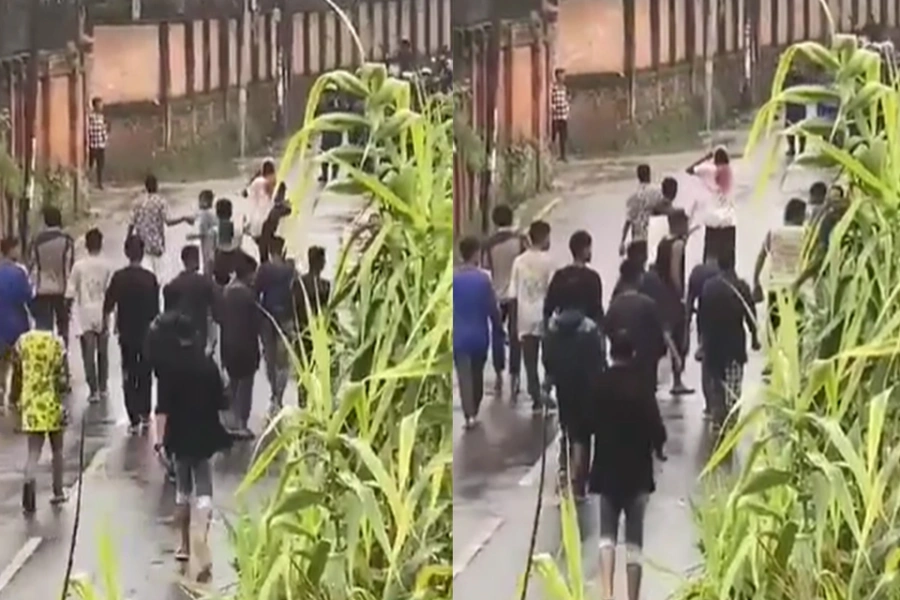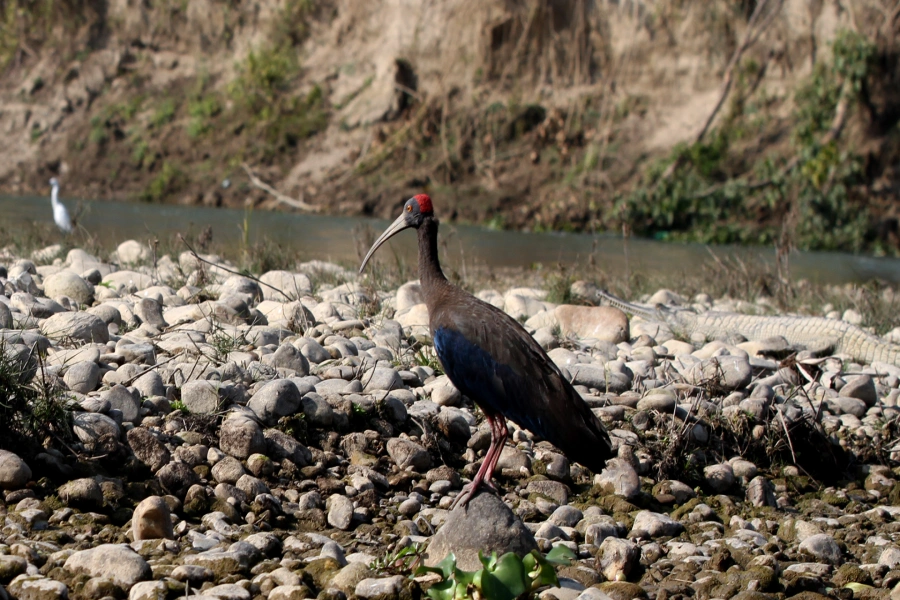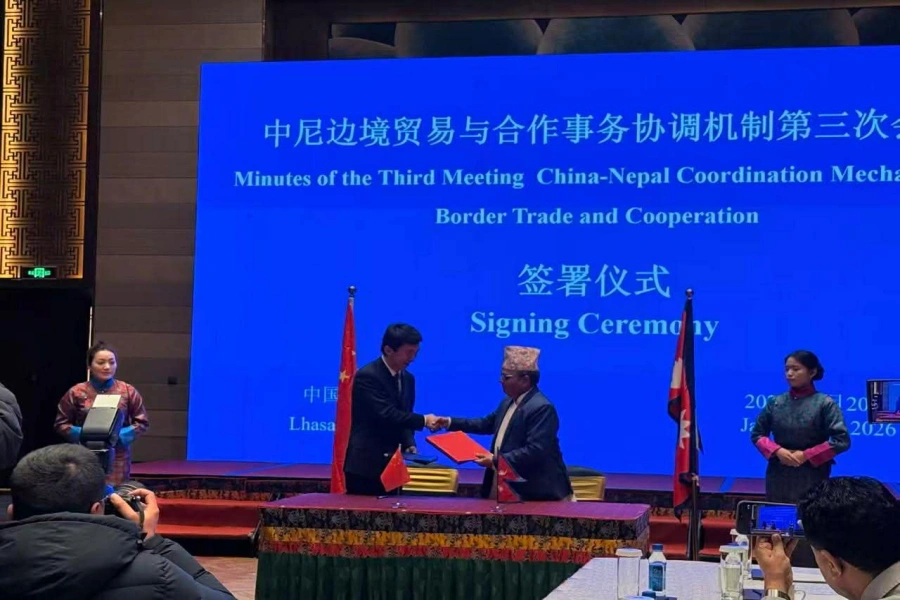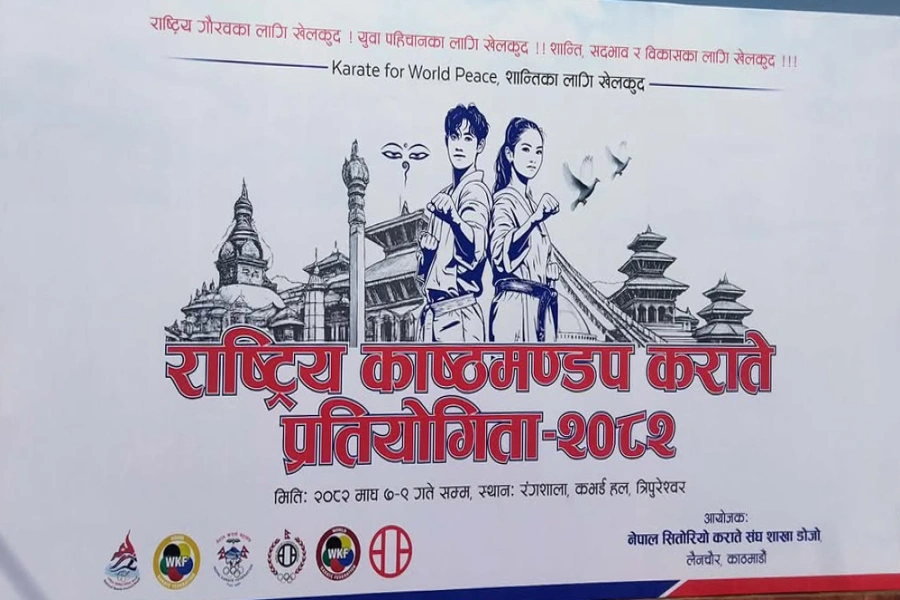The recent order by the Supreme Court (SC) to register two petitions that seek to hold Prime Minister Pushpa Kamal Dahal in his capacity as head of the former rebel party, CPN (Maoist), responsible for the loss of life, damage, and destruction during the Maoist insurgency has sent ripples across Nepali politics. The petitioners, who are victims of the Maoist war, are demanding justice and a thorough investigation into the charges brought against Dahal based on his public statement that he takes responsibility for killing at least 5,000 people. The apex court's decision in this connection underscores the need for justice to be served, even in the face of armed insurgency. As a newspaper, we have been following the dilly-dallying of parties concerned to serve transitional justice to conflict victims for decades and we urge all parties to work together with due urgency to resolve transitional justice in such a way that those responsible for crimes against humanity are held accountable. It is essential to hold those responsible for such crimes accountable to prevent similar crimes from recurring in the future. This is crucial for building a stable and peaceful future for Nepal.
Nepal has been facing a stalled transitional justice process for over 16 years, drawing concerns from many stakeholders including conflict victims and the international community that supported Nepal's peace process. Earlier, Human Rights Watch (HRW) in its World Report 2023 had expressed concern over the stalled transitional justice process. While noting some progress made in the legislations, the global human rights watchdog concluded that several provisions included in the draft bill introduced to bring amendments to the Truth and Reconciliation Commission (TRC) and Commission of Investigation on Enforced Disappeared Persons (CIEDP) can hinder justice to the conflict victims. The concerns of the HRW came in the wake of the international community putting pressure on the government to expedite transitional justice process to address the concerns of the victims. The Maoist conflict in Nepal ended with the rebel and the government signing a Comprehensive Peace Accord (CPA) in November, 2006 with pledges, among others, to form transitional justice bodies to deliver justice to the conflict victims. Although these two bodies were formed earlier, they are now defunct, without accomplishing their mandated tasks.
Reviewing transitional justice

In this connection, the joint statement of nine political parties including the ruling Nepali Congress (NC) and CPN (Maoist center) that came on Sunday on expeditiously completing the remaining tasks of the peace process including the transitional justice is a welcome development. The parties represented in the government have pledged to give justice to the victims of the conflict and their families without further delay. They have also promised to table bills related to transitional justice in the current session of parliament to make this happen. Furthermore, their commitment to taking the peace process to a logical conclusion in accordance with the Comprehensive Peace Agreement signed between the then government and the rebel party on November 21, 2006 and the spirit of the constitution is laudable. This is indeed an important statement at a time when Nepal is on the brink of the third presidential election. It sends a clear message both at home and abroad that the country's political leaders are united in their stance on the issues of sustainable peace, good governance, development and prosperity, while protecting the Constitution.
However, it is important to note that this pledge must not remain a lip service. The victims of the conflict have been waiting for justice for too long already. The transitional justice process, which includes both criminal prosecution and reparations for victims, has been painfully slow and hindered by a number of obstacles. The most important obstacle, of course, is a lack of political will to address the issue. It may be noted that the erstwhile government-led by Sher Bahadur Deuba in August, 2022 had tabled a bill to amend the 2014 transitional justice law, which had been struck down by the Supreme Court in 2015. The failure of successive governments since then to amend the law is a key reason that there has been no progress in delivering justice and accountability for conflict-era violations. We as a newspaper would like to see necessary bills presented in the current session of parliament as promised and passed into law as per the decision of the apex court at the earliest. The government must facilitate the works of the transitional justice bodies so that they can independently work to resolve the issues of transitional justice. It is time for all political parties to come together irrespective of their political ideology to ensure justice for the victims of the conflict. The victims of conflict have already waited too long for justice, and it is the government's responsibility to ensure that they receive it. The government must take concrete steps to ensure smooth functioning of these bodies and provide justice to the victims and their families. We want to see the pledges made by the ruling parties followed by action.














